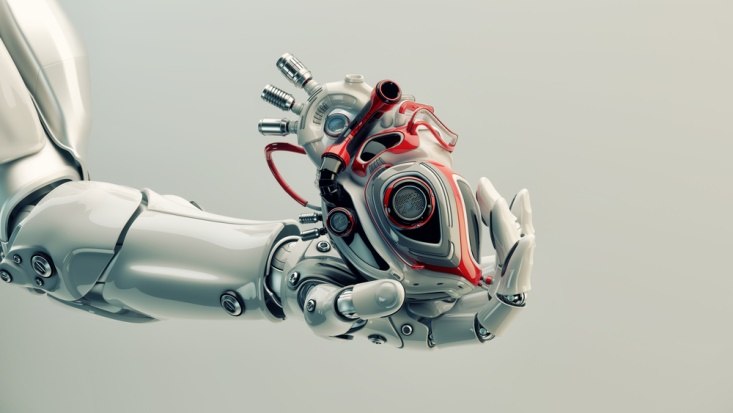
Acquired knowledge
The strong interdisciplinary nature of Biomedical Engineering requires a scientific and technical training offer which embraces a large number of disciplines since the first level degree. This wide preparation permits to the graduates with the first level degree to enter into the job market and to specialise during the successive studies during the Master degree programme.
The study programme of Biomedical engineering is organised on two levels: the Laurea in Ingegneria Biomedica, equivalent to the Bachelor of Science in Biomedical Engineering (B.Sc.), a three years program and the Laurea Magistrale (LM) in Biomedical Engineering, equivalent to the Master of Science in Biomedical Engineering (M.Sc.), a two-year graduate program.
As regard the first level degree, the first semesters consists in basic teaching (mathematics, physics, chemistry, mechanics and informatics), during the first year the students attend the course of Physiology and Biology as an introduction to the Bioengineering. The students acquires thus the basic knowledge which is essential for the Engineering studies.In the last semester, the students, who do not intend to enrol to a Master Program, can opt for an internship within one of the many companies in biomedical areas or in an hospital. The objective is to gain specific professional skills in view of the transition to the job market.
The project course at the end of the first level degree represents a great opportunity for the students to apply what they have learnt in a practical context. The strengths of this course are represented by activities like group work, oral presentations of the project advancements.
The project course permits the student to consolidate those skills which are essential to face an ever-changing technological world: the ability to study and tackle a topic autonomously, which is functional in order to maintain the own competencies updated; soft skills, such as the ability to interact and collaborate with other students, and the ability to present and convince about the project results.
As regard the Laurea Magistrale in Biomedical Engineering, the objective of the programme is to provide a solid background in engineering methodologies and technologies, applied to medical and biological problems, to provide the competencies necessary to describe, simulate and analyze systems and signals from biological and medical contexts, to provide the basics for studying biomaterials, medical and diagnostic devices, organ replacement, rehabilitation strategies, and to illustrate the basic notions to understand the hospital organisation, the hospital information system and the ethics problems associated to the clinical data management.
It’s precisely for this multidisciplinary nature and the breadth of applications in the life science world, that the study programme offers exclusive training opportunities: the MED courses (they are part of the Medical degree programme of Università degli Studi di Milano), the LAB course (laboratories with hands-on activities), Master Thesis or study period spent in foreign institutions, an internal double degree in Biomedical and Mechanical Engineering, a double degree issued by Politecnico di Milano and University of Illinois – Chicago.
Graduates with the Master of Science in Biomedical Engineering will:
- have a in-depth knowledge of theoretical-scientific aspects of general engineering, and specifically of biomedical engineering in order to identify, formulate and resolve complex problems or problems which require an interdisciplinary approach;
- be able to conceive, track, design and manage complex and/or innovative systems, processes and services in the biomedical field;
- have context knowledge and cross-sectional ability;
- have knowledge in the field of company organisation (business culture) and professional ethics.
The graduates is expected to find a job in a biomedical or pharmaceutical firms, e.g. producer or provider of diagnostic tools or devices, hospitals, companies of medical device management or which provide services like telemedicine, rehabilitation, etc. The graduates can become a consultant as well.